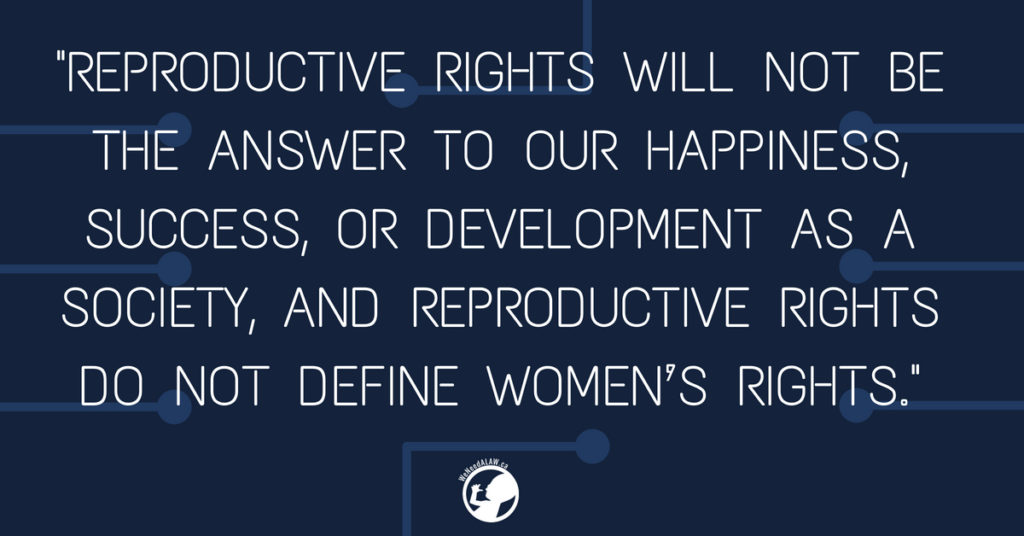The CBC highlighted this event recently, drawing a comparison between it and the May 25 vote in Ireland that saw the 8th amendment, and the protection of pre-born children it codified, fall to cries for the decriminalization of abortion. Abortion advocates in Ireland celebrated, and Prime Minister Justin Trudeau congratulated Ireland on the results of the referendum. A memo from the Prime Minister’s Office states, “The leaders agreed that this was a critical step forward in the rights of women.”
But as we have written in the past, there is absolutely no evidence to support this claim. The Abortion Caravan achieved its goal and abortion is decriminalized in Canada, yet women are not happier, wealthier, or feeling more respected and valued than they were 30 years ago when abortion was highly regulated.
Women’s rights are simply not advanced by the right to terminate their pregnancies prematurely.
CBC reports that the Abortion Caravan travelled with “a coffin strapped to one of the cars, to symbolize all the women who had died in unsafe abortions.” How ironic to use this symbol of death while campaigning for death. What about the hundreds of thousands of little coffins we now need to represent the little ones who have died in these quick, accessible abortions?
Abortion advocates are so close to the truth. They want women to be safe, respected, and free – so do we. They want children to be loved and wanted – so do we. They want to be heard by their government and their peers – so do we.
But alongside these good desires stands the wrong idea that abortion will achieve these goals. This ignores real underlying issues and allows those issues to continue to be ignored by policy-makers, yes, but also by ourselves. If we can point to an abortion clinic, we can claim to have offered help and a solution, when in fact no woman wants that to be the solution. We want financially stable households, physically safe households, top notch prenatal and postnatal medical treatment for all kinds of prenatally-diagnosed diseases, and social support for parenthood.
We live in community, and in community there must be a willingness to live our lives in such a way that the rights of all human beings are advanced. We cannot insist on our rights above others – that is not equality. Easy solutions are usually not the best solutions and are often not at all easy on the people directly involved.
We cannot tread on the vulnerable and voiceless, despite how much easier it may be. Reproductive rights will not be the answer to our happiness, success, or development as a society, and reproductive rights do not define women’s rights.
